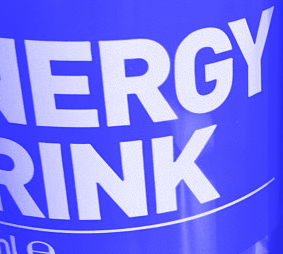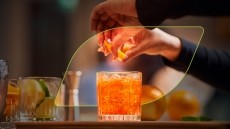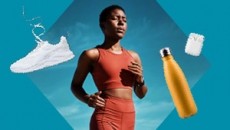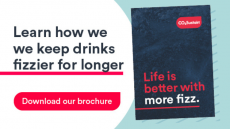ABC hits back at report linking Ginkgo Biloba to cancers in mice
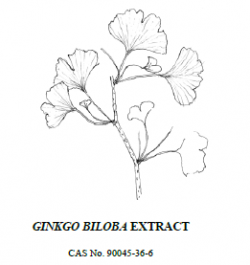
But the American Botanical Council (ABC) hit back, stating that the ginkgo extract used in the National Toxicology Program (NTP) studies was made in Shanghai, and was “not consistent with any compendial botanical and chemical standards for quality as set forth in various official pharmacopeias”.
Moreover, the ABC said, the extract used did not conform to “well-established chemical profiles, quality and purity of the leading, clinically tested ginkgo extracts produced by the pioneering Willmar Schwabe Pharmaceuticals of Karlsruhe, Germany, and Indena SpA in Milan, Italy”.
‘Dubious’ claims regarding memory, concentration
“Ginkgo…is or has been used in energy drinks such as Rockstar, Crunk, Hansen’s Energy Pro, Guru and Steven Seagal’s Energy Bolt,” the CSPI said in response to the NTP report.
CSPI executive director Michael Jacobson said: “Ginkgo has been used in recent years to let companies pretend that supplements or energy drinks with it confer some sort of benefit for memory or concentration,”
“The evidence for these claims has been dubious, at best. The pretend benefits are now outweighed by the real risk of harm,” Jacobsen added.
Although ginkgo is not authorized for food use in the US, it can be used legally as a herbal supplement, and exponents claim it can confer memory or concentration benefits.
Rockstar served 2012 FDA ginkgo warning
Energy drinks brand Rockstar made headlines in May 2012, after the FDA published a letter warning the brand that it was including ginkgo as an “unsafe food additive” that it was adding to the drinks, which was not approved under a food additive regulation or GRAS in conventional foods.
“Your use of the term ‘energy supplement’ on your label, and your use of a ‘Supplement Facts’ panel for nutrition labeling do not make your products dietary supplements, because your products are represented for use as conventional foods.”
Summing up their findings, the NTP researches said there was “some evidence” for carcinogenic activity of ginkgo biloba extract in male and female rats.
Scare toxicity and carcinogenicity data
Introducing their paper, which includes a 2-year mouse study, the NTP team noted ginkgo biloba’s use as a herbal agent to “promote mental function”, but said the National Cancer Institute chose to investigate it due to scarce toxicity and carcinogenicity data.
Groups of 50 male and female rats were fed from 0 to 2000mg/kg by body weight of ginkgo biloba five times a week for two years.
“There was clear evidence of carcinogenic activity of ginkgo biloba extract in male…mice based on increased incidences of hepatocellular carcinoma and hepatoblastoma,” the scientists wrote; they also linked increased incidences of thyroid gland follicular cell adenoma to ginkgo biloba.
The team – their studies are available here – also said it found clear evidence of carcinogenic activity in female mice, upon the basis of the same three measures.
